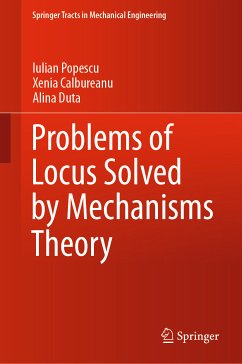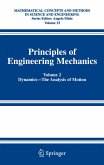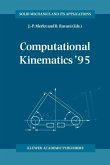This book reports on an original approach to problems of loci. It shows how the theory of mechanisms can be used to address the locus problem. It describes the study of different loci, with an emphasis on those of triangle and quadrilateral, but not limited to them. Thanks to a number of original drawings, the book helps to visualize different type of loci, which can be treated as curves, and shows how to create new ones, including some aesthetic ones, by changing some parameters of the equivalent mechanisms. Further, the book includes a theoretical discussion on the synthesis of mechanisms, giving some important insights into the correlation between the generation of trajectories by mechanisms and the synthesis of those mechanisms when the trajectory is given, and presenting approximate solutions to this problem. Based on the authors' many years of research and on their extensive knowledge concerning the theory of mechanisms, and bridging between geometry and mechanics, this book offers a unique guide to mechanical engineers and engineering designers, mathematicians, as well as industrial and graphic designers, and students in the above-mentioned fields alike.
Dieser Download kann aus rechtlichen Gründen nur mit Rechnungsadresse in A, B, BG, CY, CZ, D, DK, EW, E, FIN, F, GR, HR, H, IRL, I, LT, L, LR, M, NL, PL, P, R, S, SLO, SK ausgeliefert werden.









